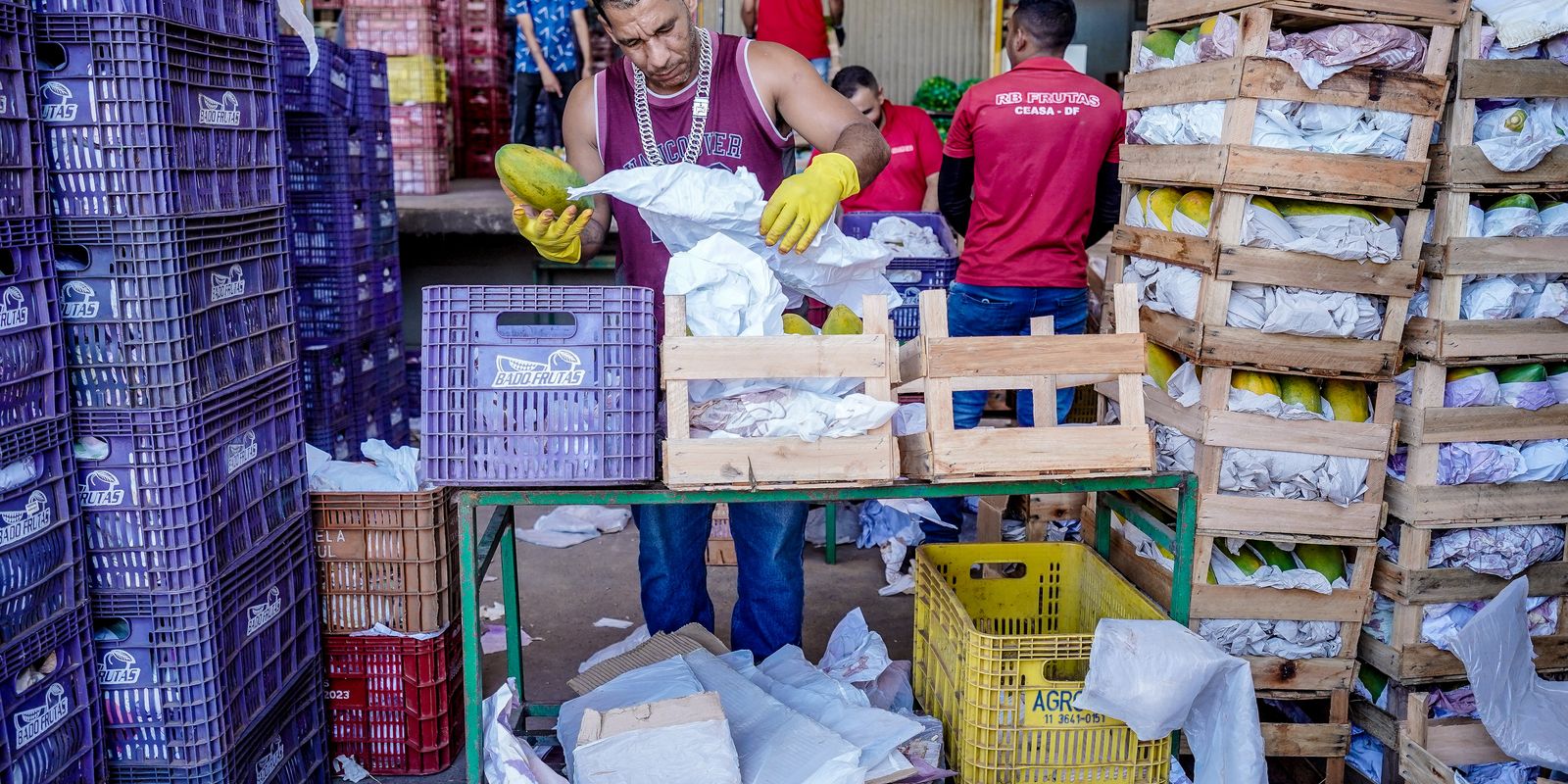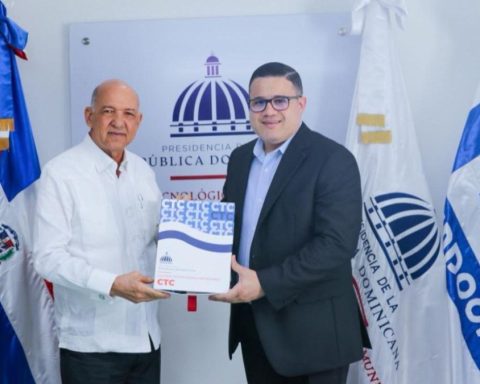The bill that creates the National Policy to Combat Food Loss and Waste was approved this Wednesday (16) by the Constitution and Justice Committee (CCJ) of the Senate. The text provides for an increase from 2% to 5% in the deduction of the Social Contribution on Net Profit (CSLL) calculation base for supermarkets or similar establishments that donate food, which will need to be proven.
The text was approved in a second round by the CCJ and, if there is no appeal to take the vote to the Senate Plenary, bill 2,874 of 2019 will go straight to the Chamber of Deputies for analysis. The matter was approved on World Food Day, celebrated every October 16th.
In addition to companies and non-profit institutions, public or private, the proposal also provides for donations by individuals and family farmers. The rapporteur of the matter, Senator Alan Rick (União-AC), explained that the measure seeks to reduce waste and encourage food donations in Brazil.
“Establishments preferred to throw away food within its expiration date. Food that was completely nutritionally compliant and fit for consumption was thrown away, because the incentive to donate food and the criminalization of the donor prevented or did not encourage this donation,” argued the parliamentarian.
The rapporteur mentioned that Brazil is among the ten countries that waste the most food in the world. “Numbers show that more than R$1.3 billion worth of fruits and vegetables go to waste annually in Brazilian supermarkets,” wrote Senator Alan Rick in his opinion.
The substitute text presented by the rapporteur removed the mandatory donation provided for in the original proposal. Furthermore, it excluded the provision of fines in cases of discarding, without just reason, food within its expiration date and suitable for consumption.
The project establishes that fresh or prepared food can be donated, whether packaged perishable or non-perishable goods and within the expiration date, “as long as the nutritional properties and safety for human consumption are maintained, respecting current health standards”.
The products can be offered to institutions, food banks and final beneficiaries. Those who make direct donations to individuals must have a qualified professional who can certify the nutritional and health quality of the food.
Furthermore, the project provides that the donor is only civilly liable for damages caused by food when there is intent, that is, only when the intention to cause damage is proven.
















